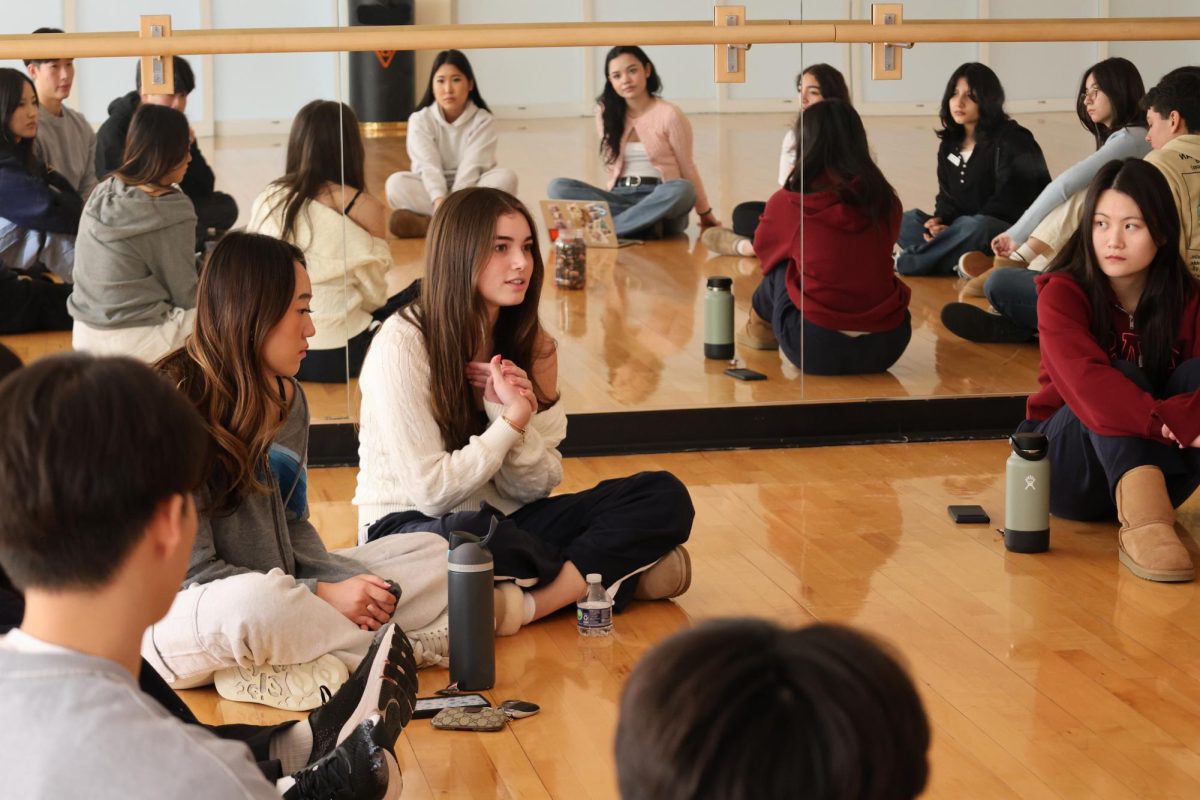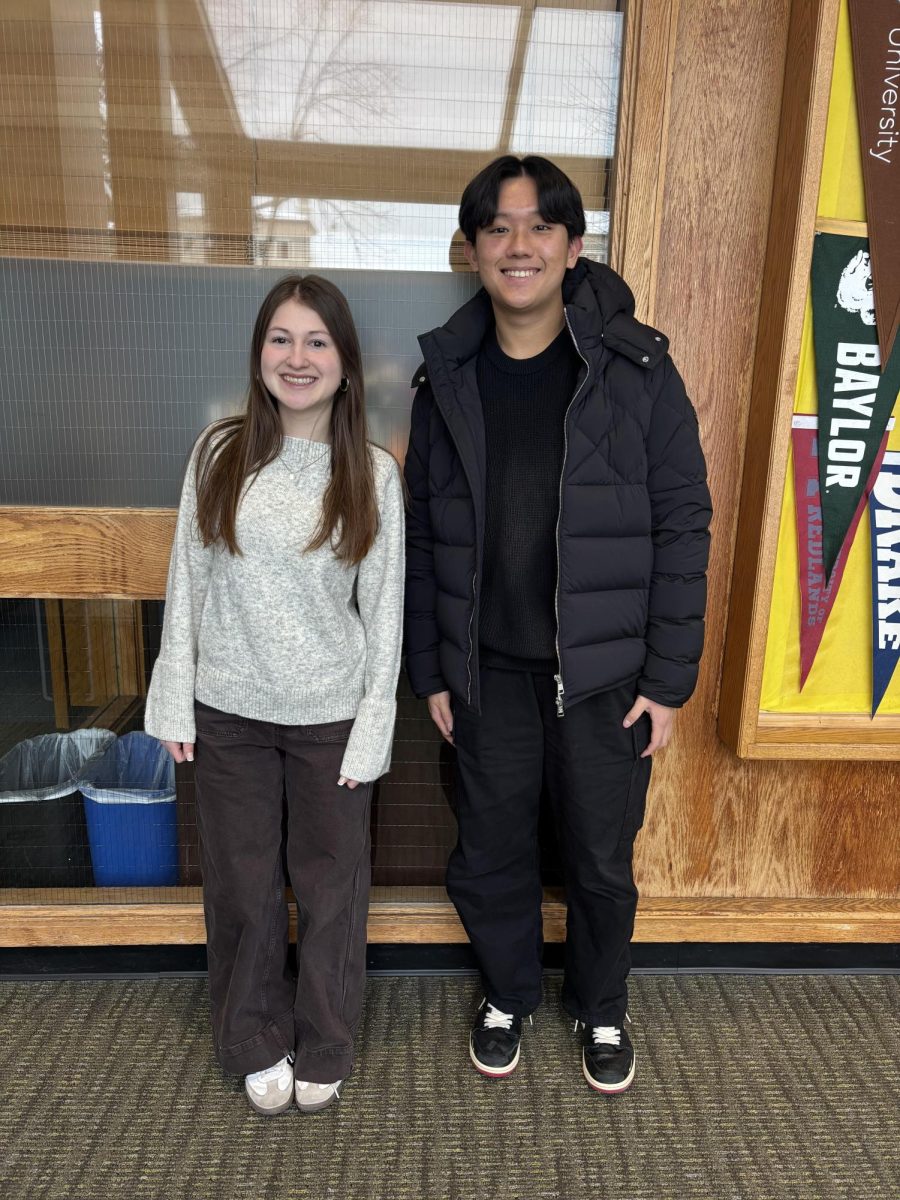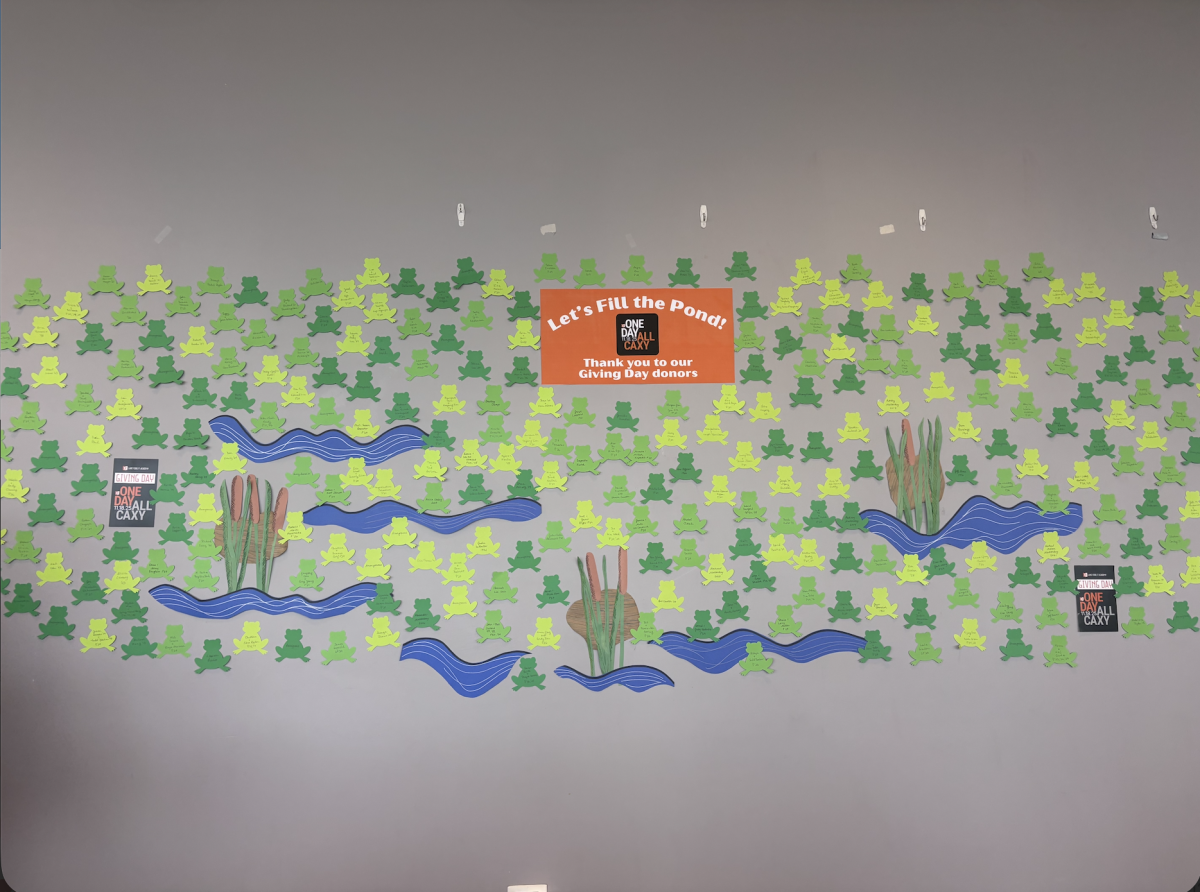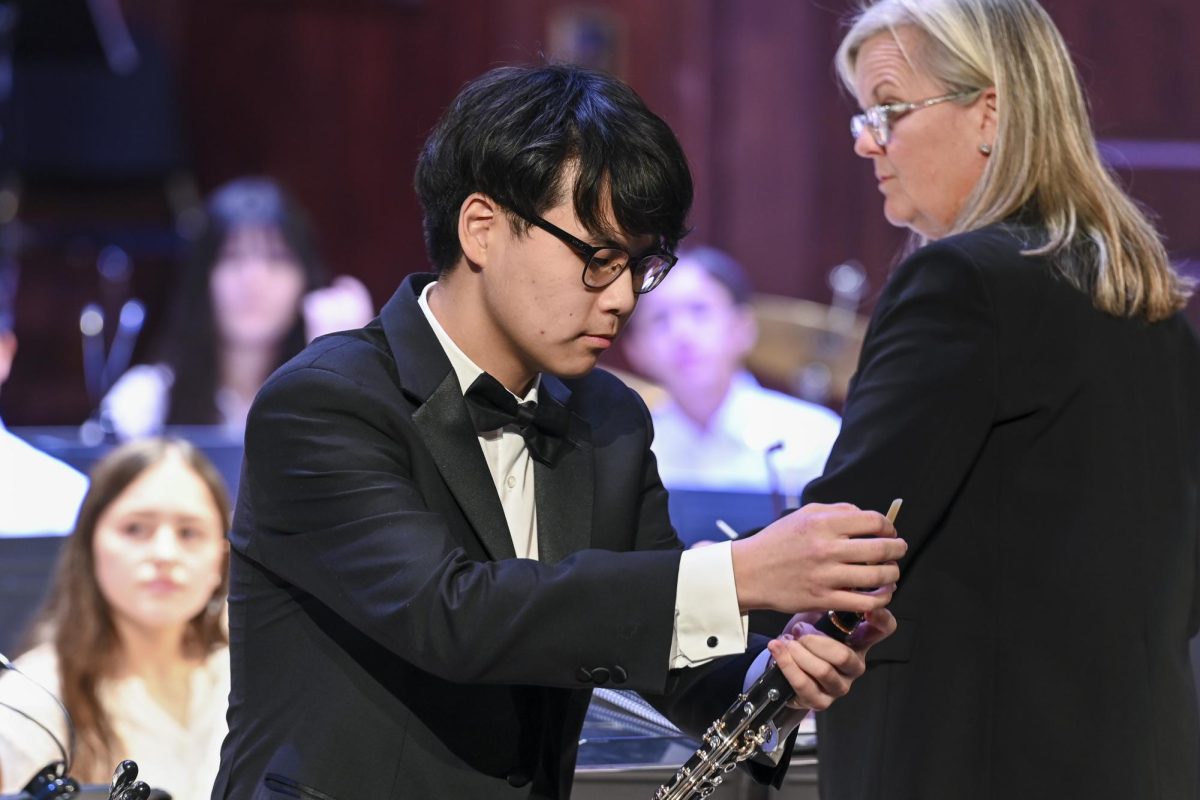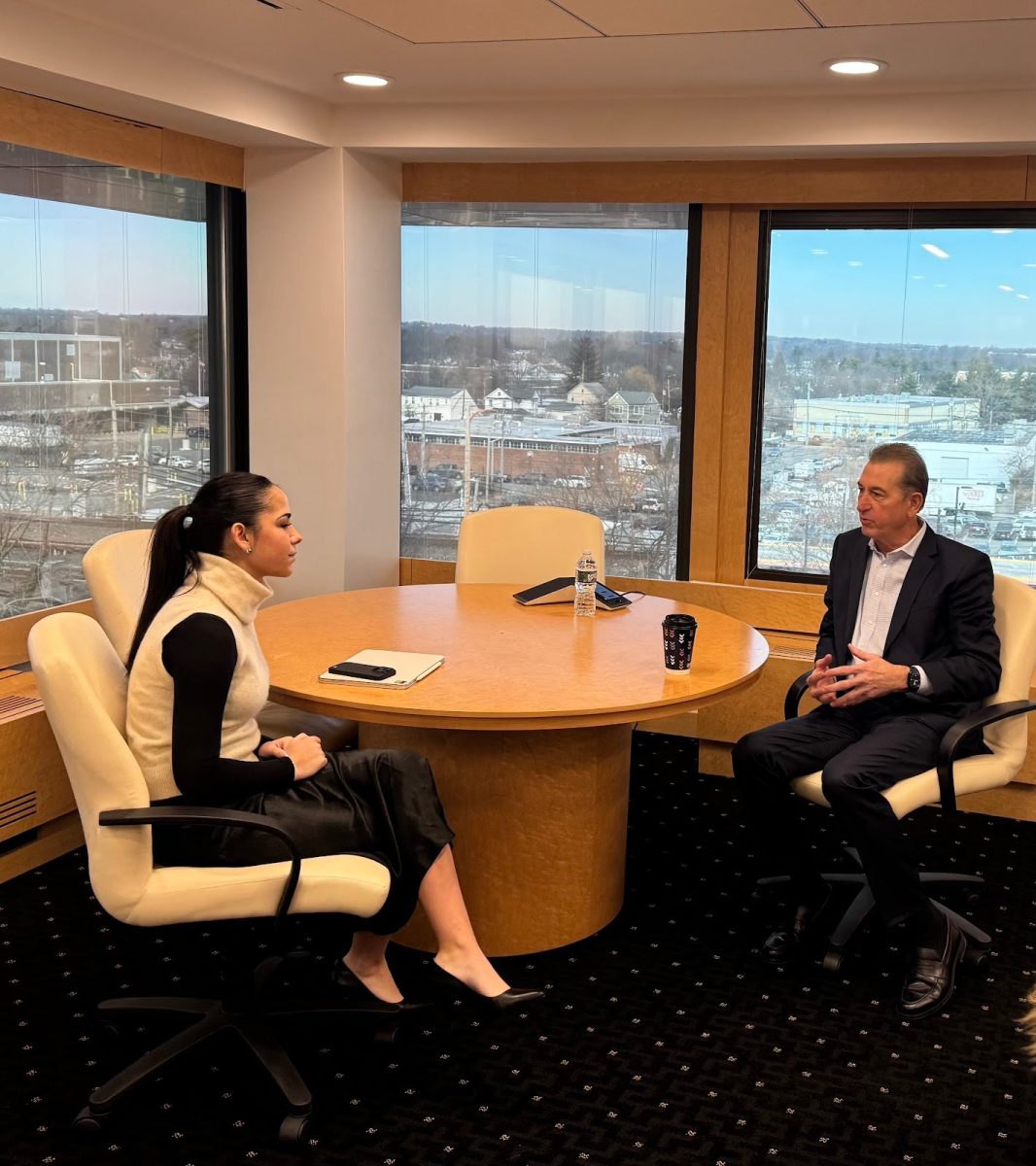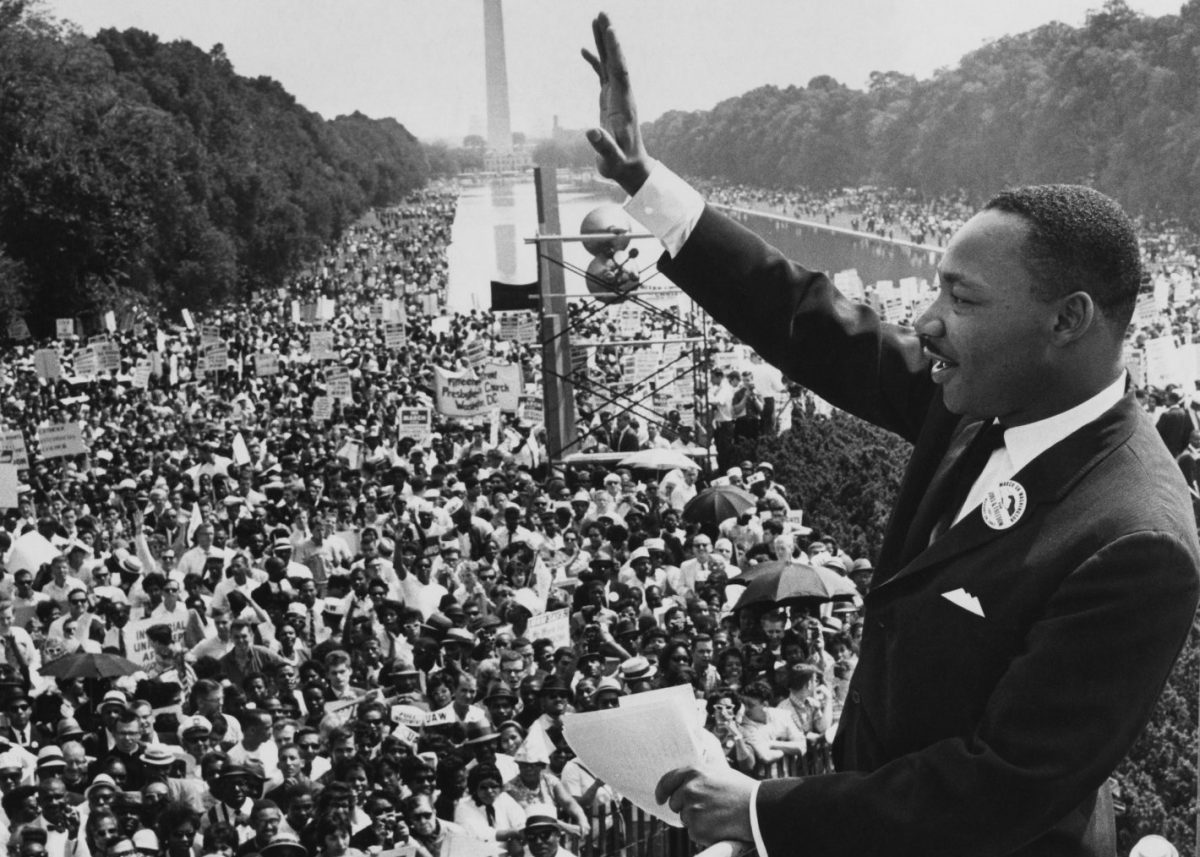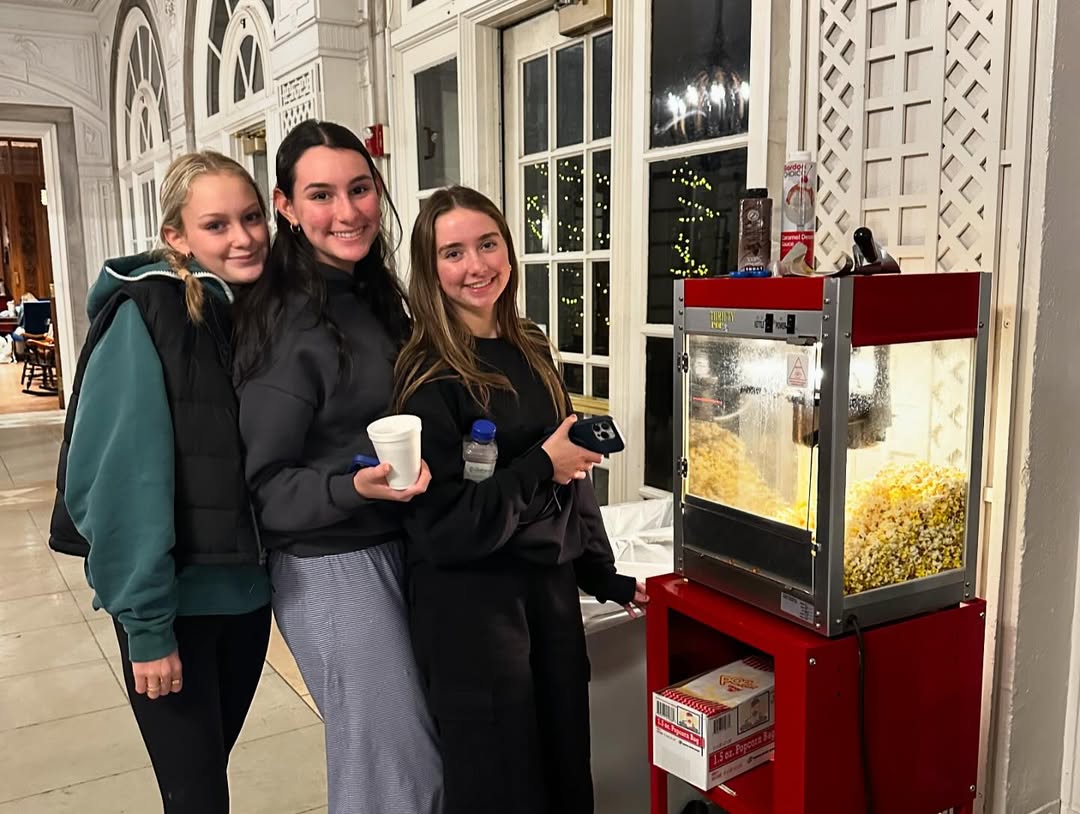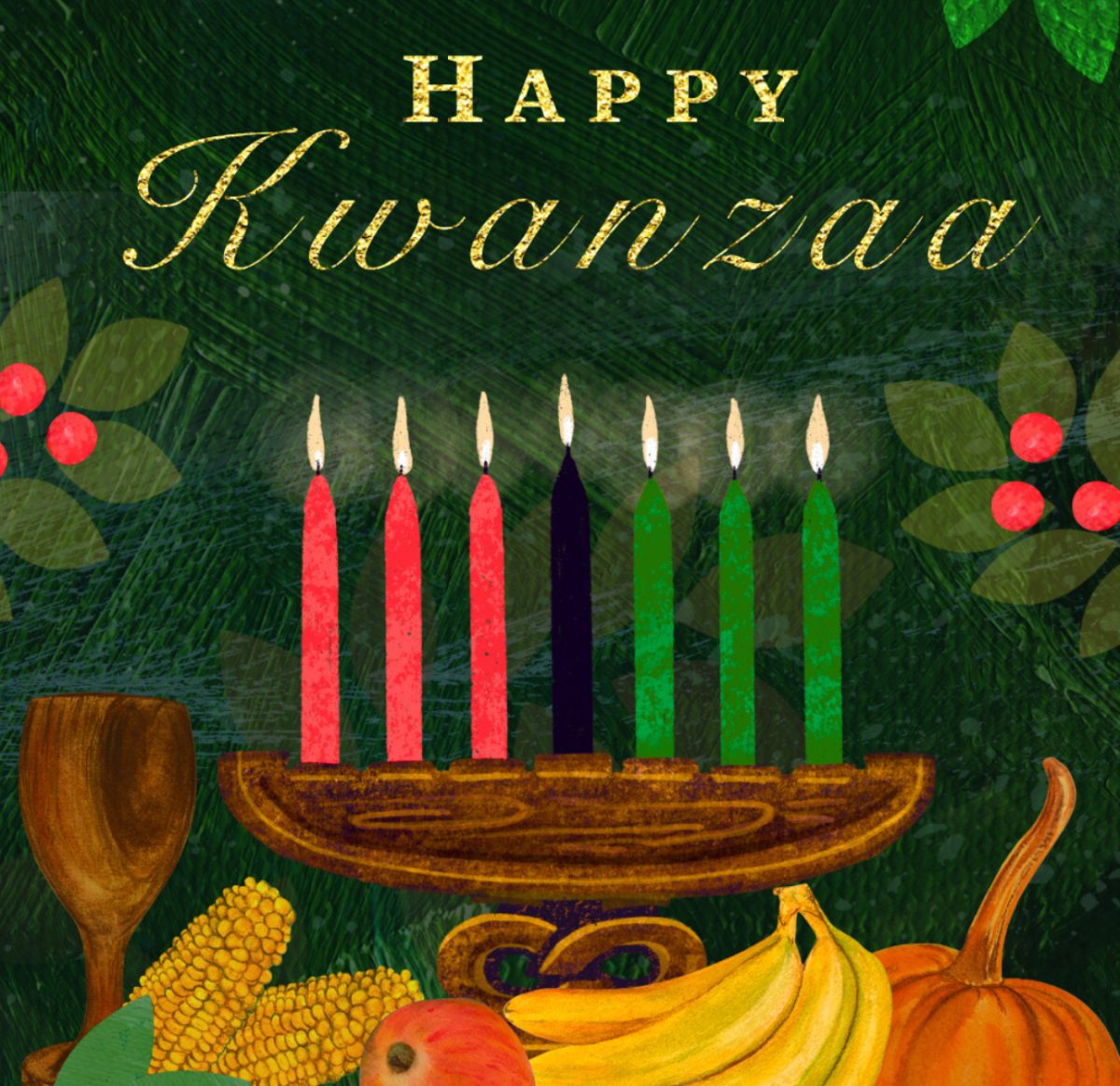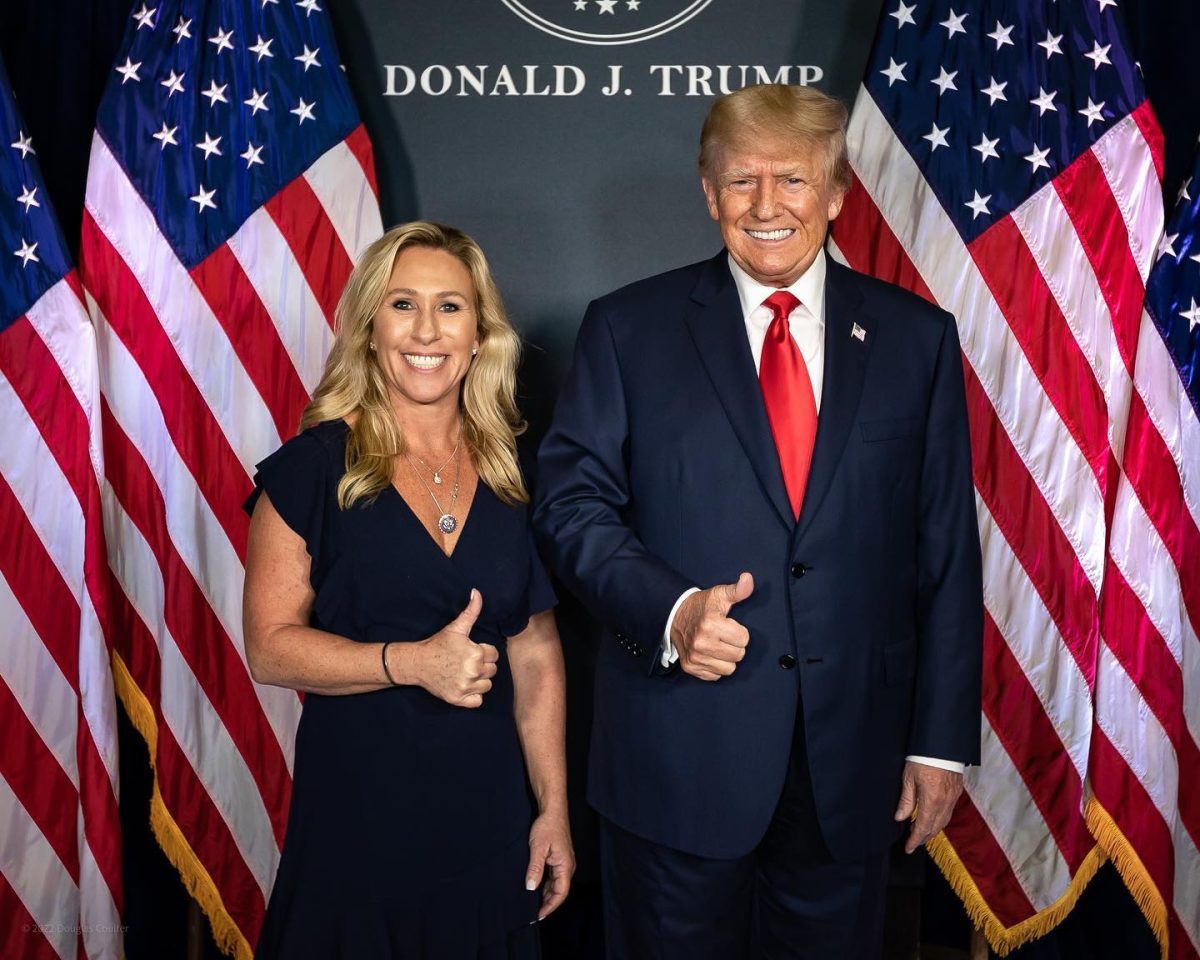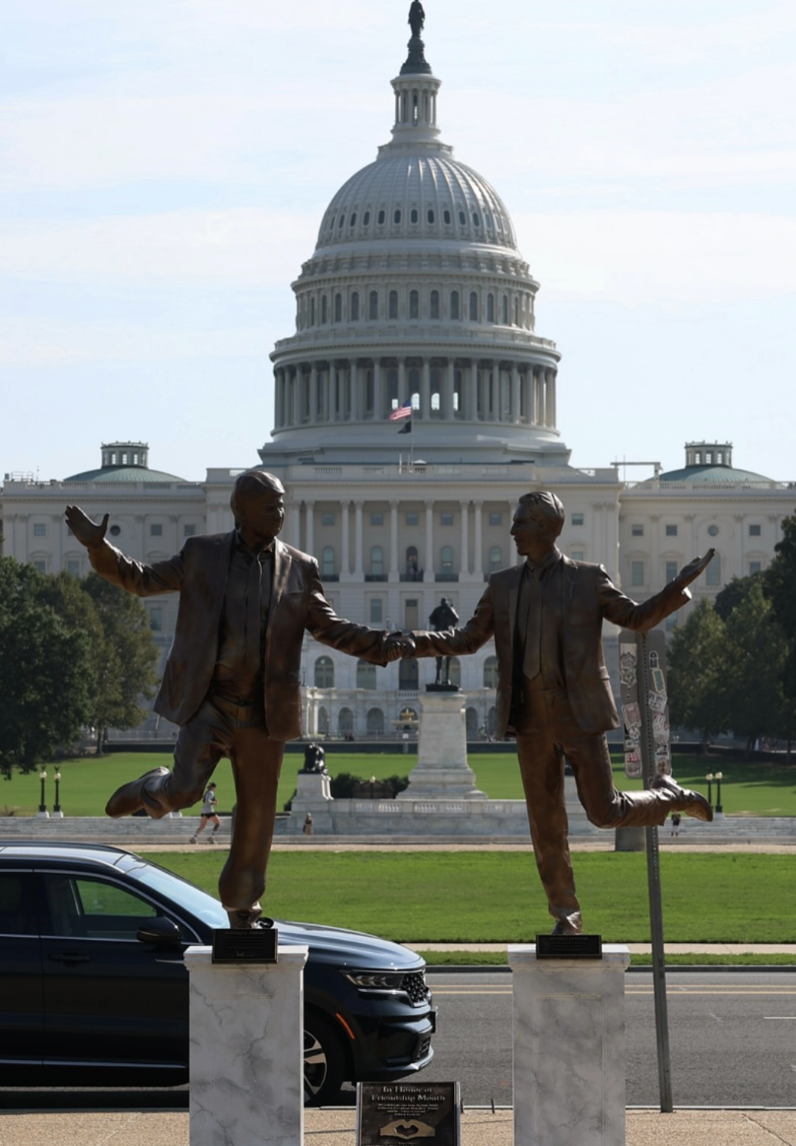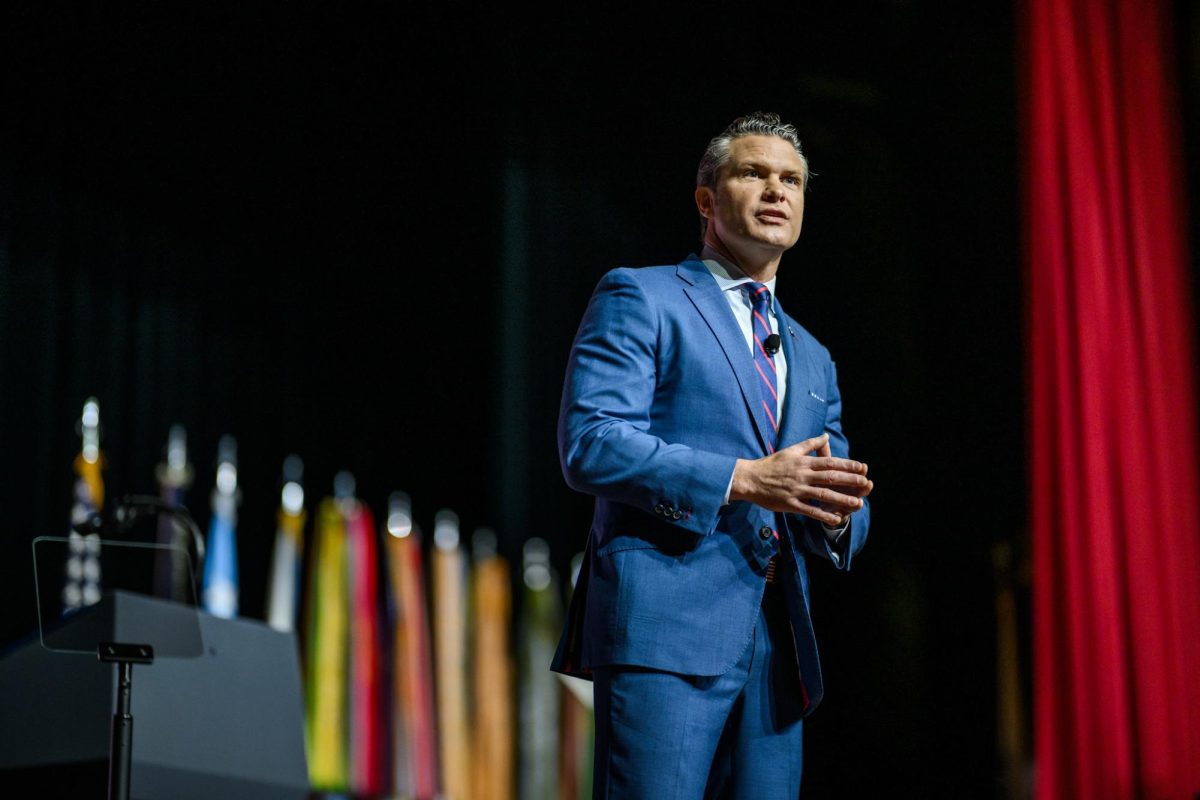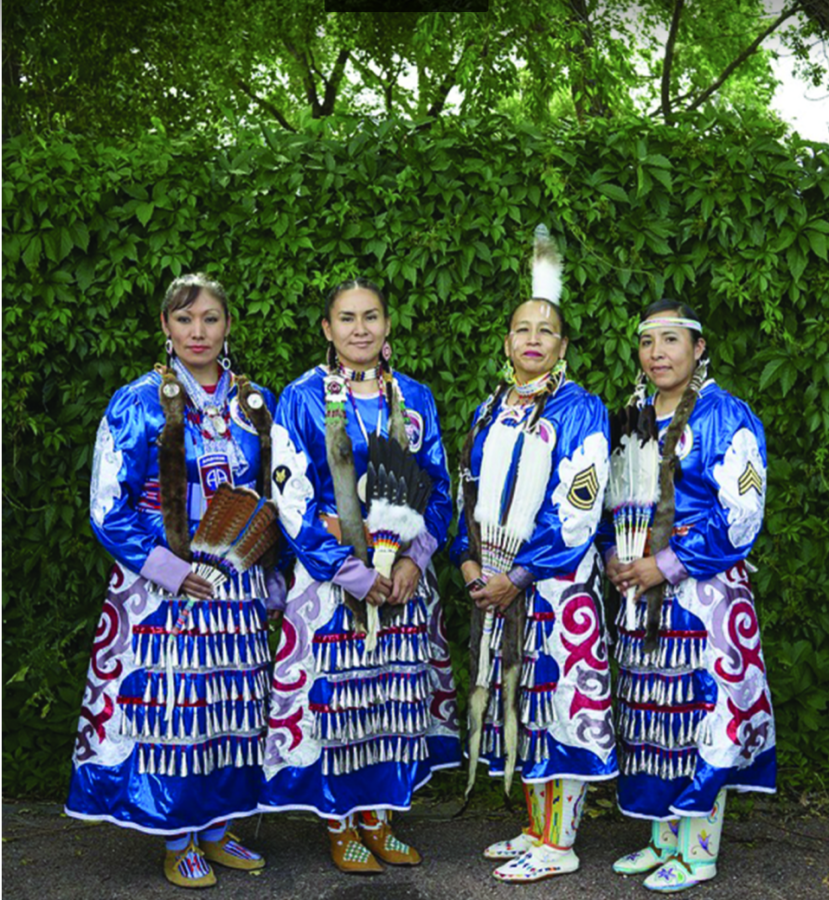Native American Heritage Month: How To Be Respectful
Photo by Creative Commons
Native American women in traditional garb.
December 8, 2021
November is the time to learn about Native American culture and history as it is their heritage month. As a people who have been mistreated and misrepresented many times over by society, respect whilst you learn and participate, hopefully not just in November but year round, is required.
Teaching is a great way to keep the usually neglected history and culture of Native Americans alive, but teaching the correct representation of Native Americans is needed. “Savages”, “heathens”, “primitive” are words that have all been used to describe and discriminate against Native American people in historical writings to justify murdering, stealing from, and using them. This should not be the image we paint now. Research thoroughly to make sure you get the right information about Native American history before teaching it to children or other people. This includes talking about Native Americans in the present because today many nations are ignored, mistreated, and have struggles that stem from the more widely known problems of the past. Awareness is key.
Participation in Native American culture and activities especially involves sensitivity and respect in actions taken. With events hosted by native nations such as powwows, look up to see if there is any etiquette and demonstrations of respect involved. Outside of events native nations host, participation should be minimal in the sense that you should not make or dress yourself in your idea of Native American clothes, dance your concept of their dances, or sing your concept of their songs. Never assume.
Supporting and donating to your local Native American nation is another key opportunity for respectful action. Buy art, handmade goods, and more from Native American owned businesses. Go learn a lesson or two about Native American culture and history from your local Native American reservation (if they are open to it of course) and make a donation afterward. Money is needed to take care of and preserve reservations and tribes which house so much of their culture and history.
Recognize the differences and uniqueness of each tribe of Native Americans and don’t group them all together as one large people. Recognizing the many cultures and histories of tribes is what keeps them in books as separate and not forgotten instead of a cheap overview looked upon as one entity.
Daun Bida, a Native to the Pokagon Tribe and an employee of Native American Tribe Health Services, repeats one lesson about being respectful of Native Nations when being interviewed, “Genuine curiosity is always appreciated and most Native Americans are open to sharing their cultural heritage. Show up, watch, listen, ask questions.” The whole point of all these lessons on respect is to foster a place where Native Americans can keep their culture and history alive and pass it on without fear of neglect, disrespect, or discrimination. Keep your best intentions at heart and remember that what you have heard from other people is not the truest story of Native Americans. Let them tell you while you keep an open ear, mind, and heart.


